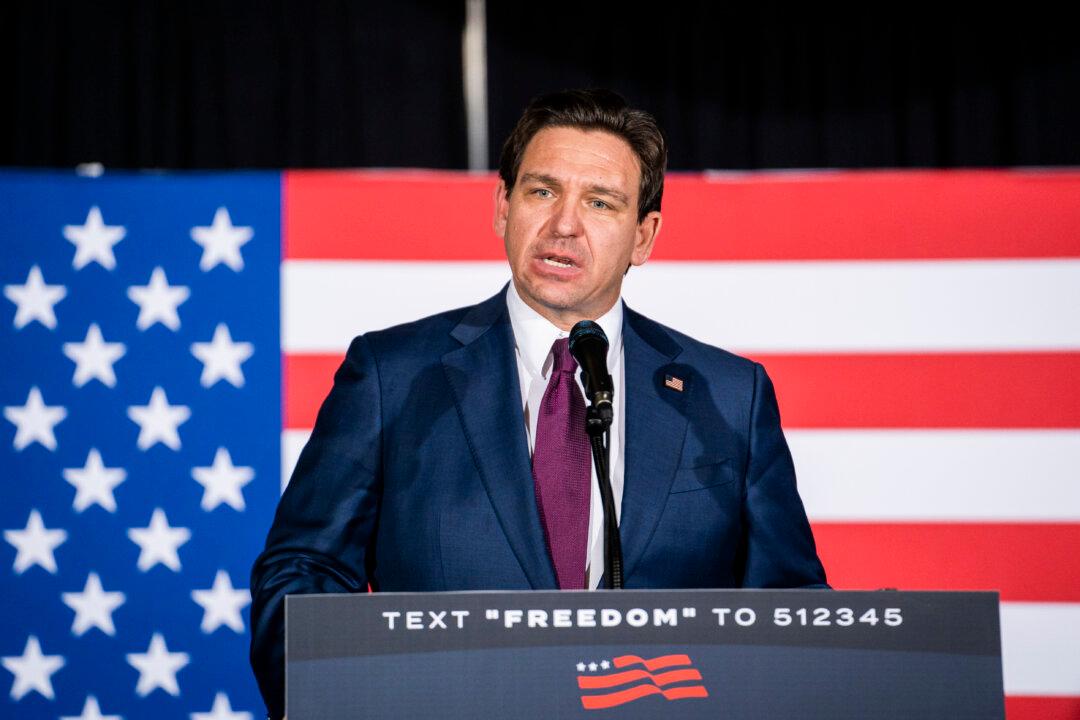A district judge dismissed lawsuits from two pro-Palestine student organizations against Florida Gov. Ron DeSantis’ administration after the groups were threatened with dissolution due to their alleged support for terror acts.
On Oct. 24, the chancellor of the State University System of Florida issued a memorandum to university presidents. The memo discussed deactivating two chapters of Students for Justice in Palestine (SJP) in state universities. Chancellor Ray Rodrigues pointed out in the memo that National Students for Justice in Palestine had supported actions that qualify as terrorism and the two chapters should thus be deactivated.





